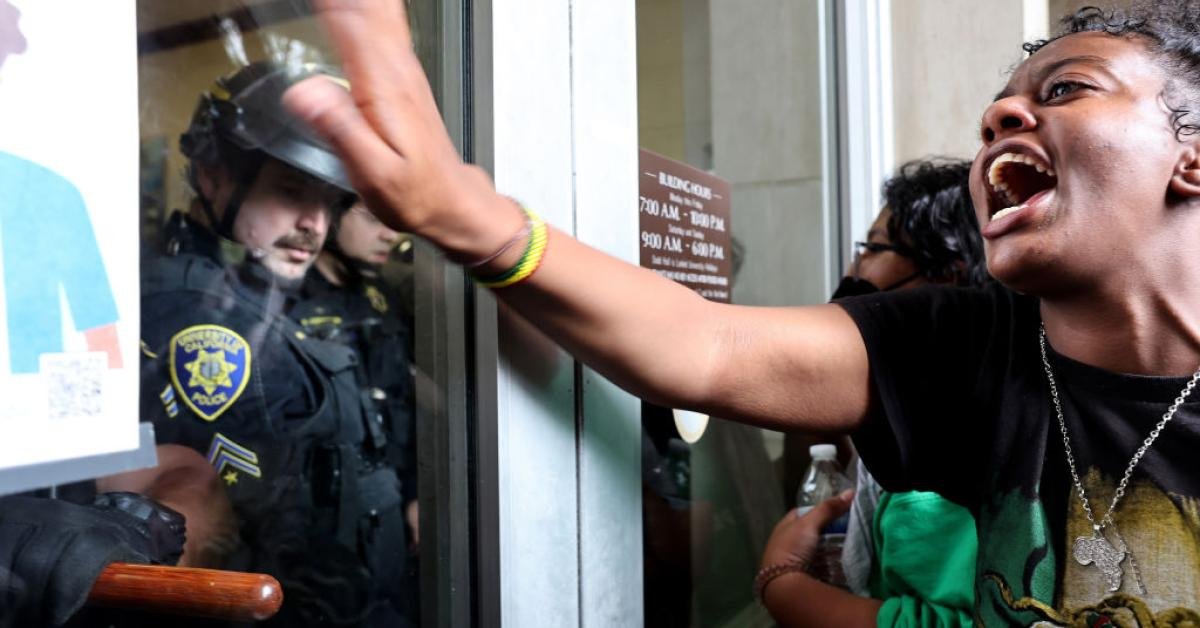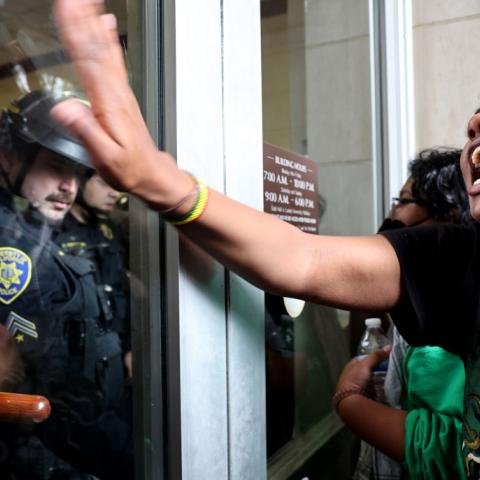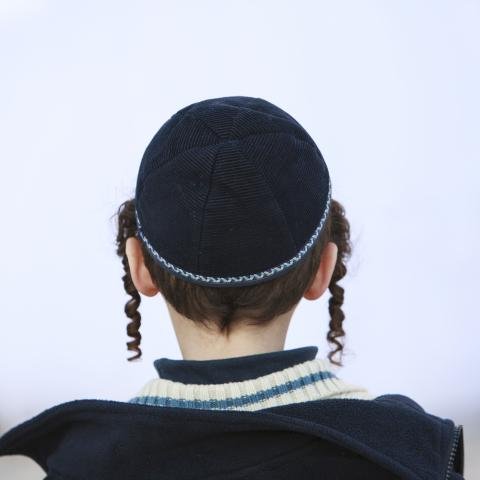
The University of California Los Angeles agreed to pay $6.13 million to resolve an antisemitism facilitation lawsuit by students and a professor, a “stunning about-face” for the publicly funded university, “believed to be the largest private settlement in campus antisemitism cases,” according to the plaintiffs’ lawyers at religious liberty law firm Becket.
It referred to a settlement that’s not posted in the court docket for the monetary figure, which is not listed in the public consent judgment and permanent injunction approved by U.S. District Judge Mark Scarsi that closes the case, and said it covers “damages to each of Becket’s clients, millions in charitable contributions to organizations that support the Jewish community, and attorneys’ fees and costs.”
Becket did not immediately respond to a request by Just the News to see the settlement to verify the monetary figure and see the breakdown for clients, charity and attorneys’ fees.
The consent judgment prohibits top officials “from offering any of UCLA’s ordinarily available programs, activities, or
campus areas to students, faculty, and/or staff if the Enjoined Parties know the ordinarily available programs, activities, or campus areas are not fully and equally accessible to Jewish students, faculty, and/or staff.”
They are “prohibited from knowingly allowing or facilitating the exclusion of Jewish students, faculty, and/or staff from
ordinarily available portions of UCLA’s programs, activities, and/or campus areas, whether as a result of a de-escalation strategy or otherwise.”
The injunction will be in force for 15 years, subject to extension if “the Enjoined Parties are unable to demonstrate that violations are unlikely to recur in the absence of a decree extending the Termination Date.”
“Campus administrators across the country willingly bent the knee to antisemites during the encampments,” Becket President Mark Rienzi said. “They are now on notice: treating Jews like second-class citizens is wrong, illegal, and very costly.”
UCLA launched an “Initiative to Combat Antisemitism” this spring but sought to have the “Jew Exclusion Zone” case dismissed last fall, arguing officials had “no blueprint for how to respond to a protest encampment” and they used de-escalation in the context of “tense, uncertain, and rapidly evolving” situations.




